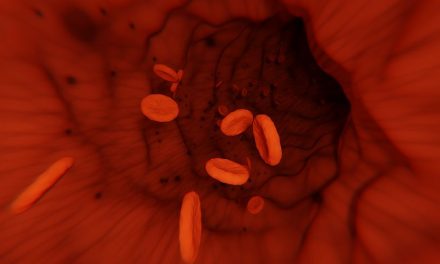Metformin is a medication that is considered the first line treatment for type 2 diabetes globally. One of the reasons why is because it is the only diabetes medication that has data to suggest that it decreases the risk of heart disease. Metformin can also be used to regulate menses in women with polycystic ovary syndrome (PCOS)- could metformin help decrease heart risk in these women as well? A recent study has endeavored to answer this question.
The study randomized 50 women with PCOS to receive either the birth control pill, or the birth control pill plus metformin, for 6 months, and they looked at the effect these treatments had on the thickness of the inner wall of the carotid artery (called ‘carotid intima media thickness’) as well as the ability of arteries to dilate (called ‘flow mediated dilatation’).
While their findings were not significantly different between groups, numerically, the carotid artery wall grew thicker in the women on the pill, whereas it became thinner in women who were also on metformin. A thicker inner wall is considered a marker for heart disease risk. The ability of arteries to dilate was also a little better numerically on metformin (but again, not statistically significant); arteries that are better able to dilate are healthier and are associated with lower risk of heart disease.
So, while this was technically a ‘negative’ study in that no statistically significant difference was shown, I agree with the authors that the numbers may have become significant if the number of patients in the study was larger (50 patients is a very small study). There is good reason to think that metformin could decrease heart disease risk in these women, as PCOS is a condition where the body is more resistant to the effects of insulin, and metformin works by decreasing the body’s resistance to insulin, thereby improving many metabolic parameters.
The ability of metformin to decrease heart disease risk in women with PCOS now needs to be studies in much larger clinical trials, so that we can get an answer to this important question.












